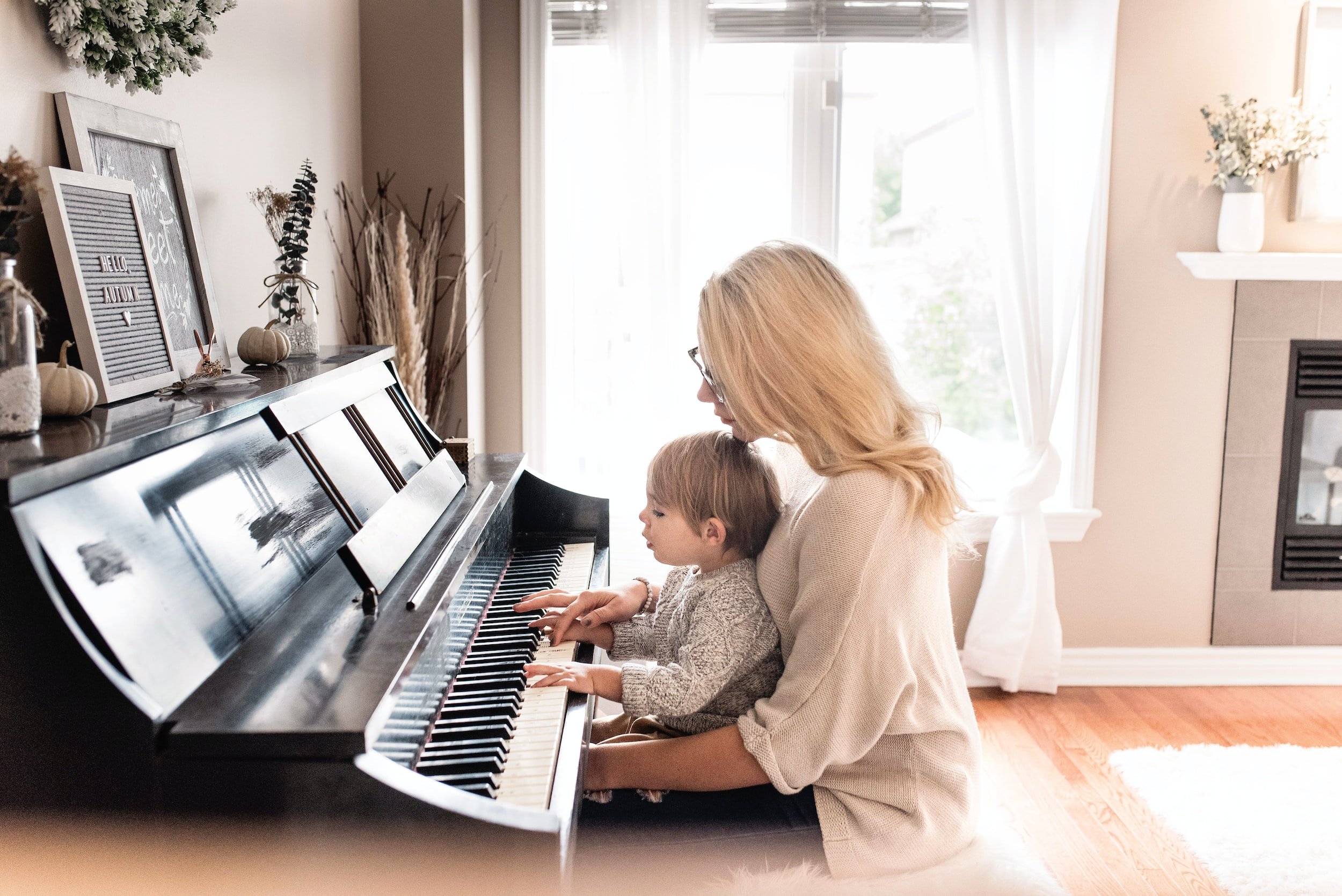FAQ’s
-
It is recommended that students should have access to an instrument that they can practise on a regular basis. Students can purchase or hire instruments at their local music shop. For instrument specifications, enquire to your music teacher on your first lesson.
-
We recommend students to have access to an acoustic piano. However, a digital keyboard is also acceptable for beginners provided it has the full set of 88 keys, with fixed and functioning pedals and that it is weighted and touch sensitive. Weighted meaning that if you press the keys heavily it will produce a loud sound whilst if you press the keys lightly it will produce a soft sound.
If you intend to advance to a higher level, from around Grade 4 standard and higher, it is highly recommended that the student should be practising on an acoustic piano
-
We recommend the following packages for each student:
30 minutes: Suitable for children under 7 taking beginner lessons.
45 minutes: Suitable for children over 7 and children considering taking exams or at the standard up until Grade 4. Also suitable for adult beginners.
60 minutes: Suitable for children taking exams or a the standard from Grade 5 and above. Also suitable for adult beginners who would like to progress faster and adult students who are interested in taking exams.
In order to maintain the concepts necessary for each level, it is recommended that students take weekly lessons and practise on a daily basis.
-
You can bring a pencil and notebook on your first lesson to take notes. If you are studying an instrument excluding the piano and singing, you would also be required to bring your instrument. Any sheet music materials will be suggested by your teacher.
-
There is usually plenty of meter parking at the Melbourne 3004 studio. For other studio locations, please check with the relevant studio teacher or alternatively enquire at info@melbmusicedu.com.au
-
Yes and it is strongly encouraged for parents to sit during lessons, particularly for primary school children. Parents (even those who do not have a music background) can have a better idea of supporting their child’s music learning at home.
-
Music theory allows you to have a deeper understanding of the meaning behind the music you are learning. Music theory provides you with a different perspective and approach making the learning process more accessible. Music theory is not mandatory to partake the AMEB exams from Preliminary to Grade 5 level. However, from Grade 6 onwards, it is a requirement for students to pass the corresponding music theory exam in order to pass the instrumental exam. Even if you are not participating in exams, you are welcome to take music theory lessons if you are interested. Simply send an enquiry for further information.

